The willingness of doctors to experiment on themselves to prevent illness and mortality in others is one of the outstanding factors that puts the medical profession apart. The exploits of these voluntary test subjects range from the banal to the extreme, and sometimes from the dedicated to the downright foolish (at least by our modern standards). But they are worth revisiting for context and perhaps inspiration.
One such case in point is Australian researcher Dr Barry Marshall. In 1984, he ingested a lukewarm beef extract – which was the standard nutrient for laboratory bacteria – which also contained a sample of Helicobacter pylori (H.pylori). In the following days, he suffered with nausea, bad breath, and vomiting, but waited for a few days to observe the symptoms before taking the necessary antibiotics.
In the 1980s, the received wisdom was that gastric ulcers were caused by too much stress, but Dr Marshall proved with courage and commitment that H.pylori can cause acute gastritis, which can lead to stomach ulcers. His endeavours led to a change in the treatment paradigm for gastric ulcers, which were predominantly treated at the time with antidepressants, psychotherapy, antacids, or tranquillisers.
Dr Marshall conducted the experiment without the approval of an ethics committee – or his wife, according to reports – and around 20 years later, he was awarded a Nobel Prize for Physiology and Medicine.
According to a 2012 study published in The Texas Heart Institute Journal, there are 465 documented instances of doctors volunteering themselves for self-experimentation and these range from the sublime to the foolhardy. One of these experiments cost the life of Dr William Stark in 1769.
Dr Stark had a special interest in diet and nutrition and he began his fatal endeavour by consuming almost nothing but bread, water, and a little sugar for 31 days. Other foods were gradually added, including olive oil, goose, beef, and veal. However, his diet was purposely bereft of fruit and vegetables and in time, his gums began to bleed. He nonetheless continued the experiment and was dead within one year at 29 years old due to severe malnutrition.
Whilst Dr Stark had not set out to study scurvy specifically, his sacrifice led to the recognition of the importance of vitamin D deficiency. He kept meticulous notes and this helped to achieve widespread recognition that a lack of variety in diets is detrimental to human health.
Among the annals of self-experimentation, the case of Dr Werner Forssmann performing his own cardiac catheterisation has to be worthy of an honourable mention, particularly for those with an interest in cardiology.
During the pre-depression years of 1929 and 1930, Dr Forssmann was a surgical trainee in a provincial German town at the tender age of 25. At that time, the idea of tampering with the human heart filled surgeons with fear, but this did not deter the young Dr Forssmann, who was just one year out of medical school. He had a particular interest in direct access to the cardiac chambers and to prove it, he catheterised the right side of his own heart. This ultimately led to the potential to administer pharmacological therapies directly into the heart.
As Jesus said, “a prophet is not without honour except in his own country, among his own relatives, and in his own house” – so it proved for Dr Forssmann, who took an unpaid appointment in the surgical department at the Charité University under the supervision of Germany’s eminent leading surgeon, Prof Ferdinand Sauerbruch.
All did not go well for him in this post and he was treated with disdain and ridicule, as well as an unsuccessful charge of plagiarism. At one time, one of his mentors commented: “You might get your habilitation by these experiments in a circus, but never in a respectable German university.” Despite this, Dr Forssmann managed to catheterise his own heart nine times without complications. He commented on one of these occasions: “The trip from the operating room to the x-ray department is an unusually long distance in our establishment and during which I had to ascend stairs, covering the distance on foot with the probe lying in the heart, was not associated with unpleasantness.”
Perhaps the adage is true that the doctors of today have such far sighted vision because they are standing on the shoulders of giants before them.
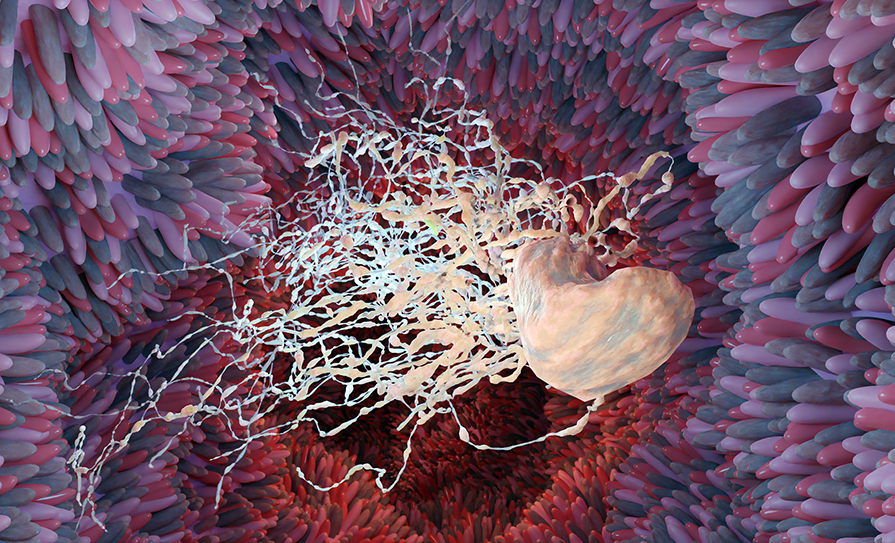
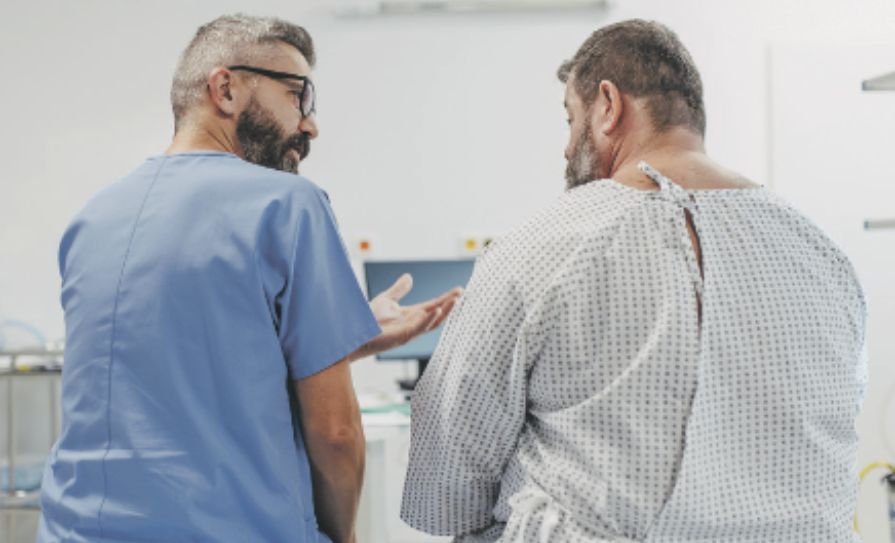
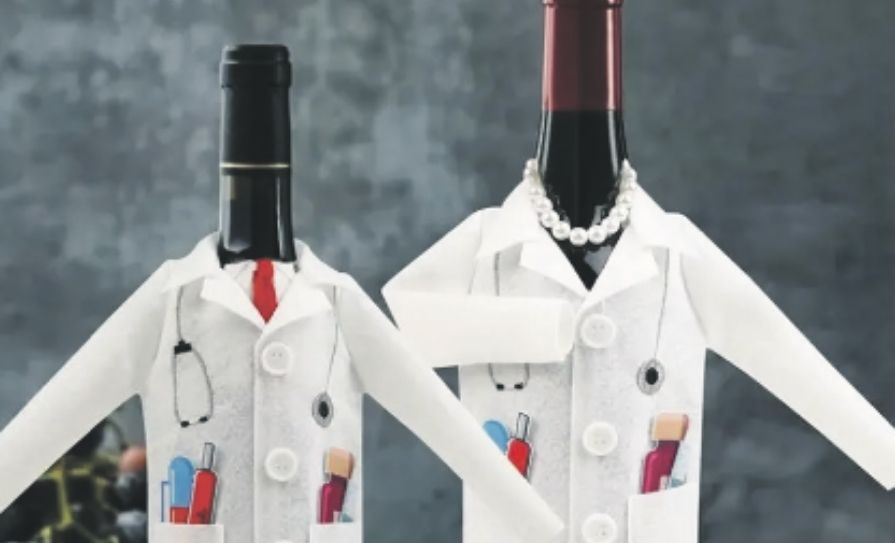
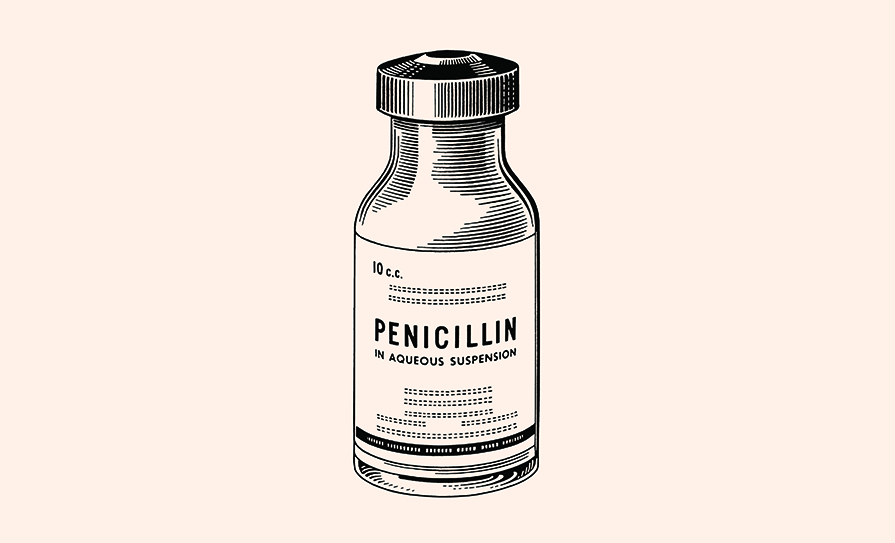




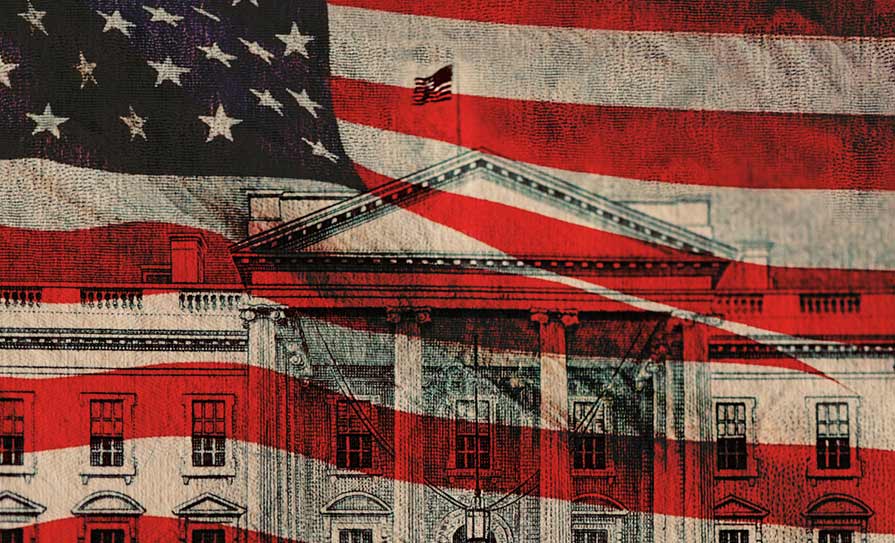




Leave a Reply
You must be logged in to post a comment.